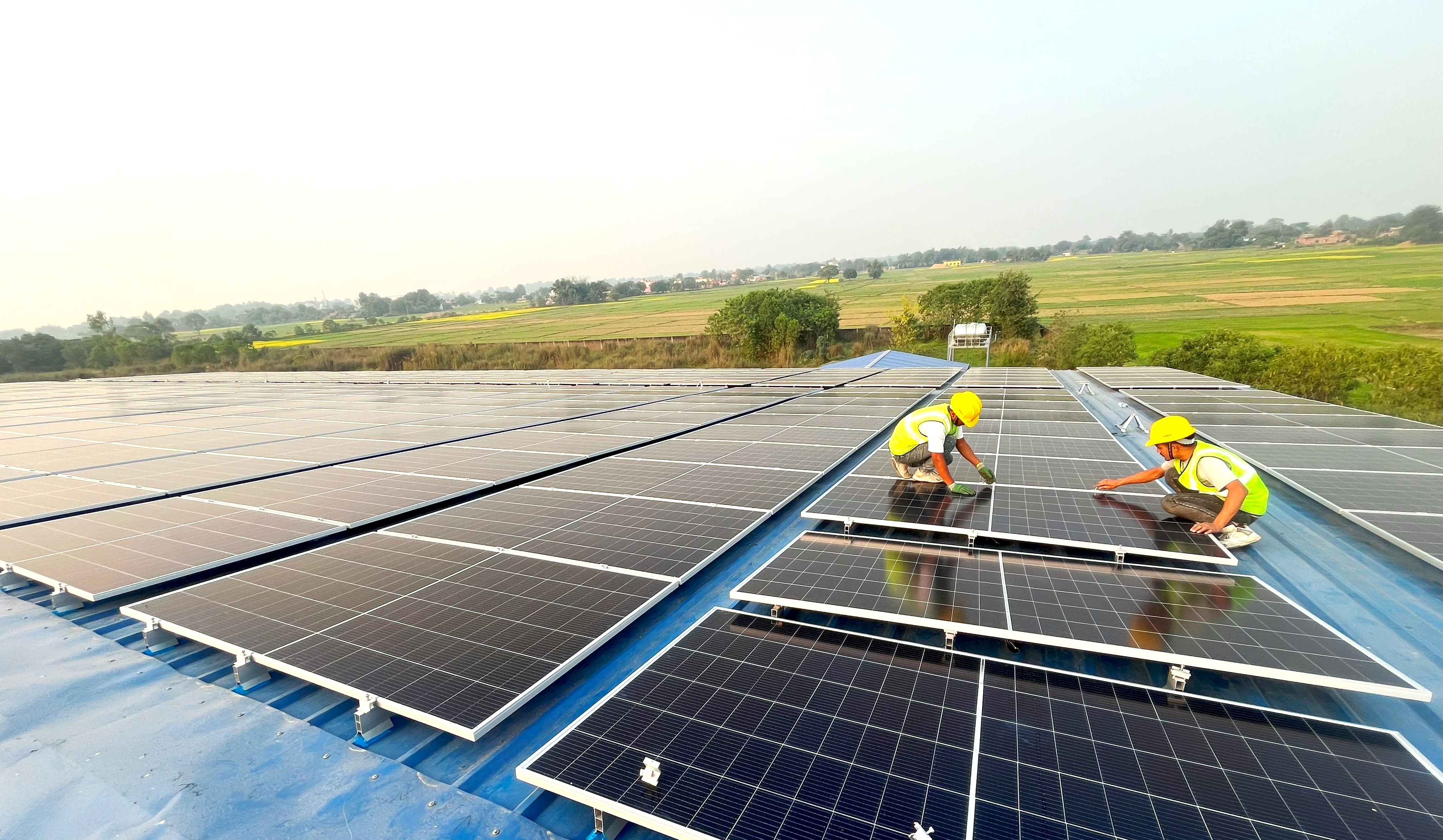Nepal—Renewable Energy Programme (NREP)
Client: Foreign, Commonwealth & Development Office
Duration: 2019-2025
Region: Asia and the Pacific
Country: Nepal
Solutions: Environment Climate
Nepal’s energy sector faces complex and interrelated challenges and uncertainties. These include issues such as a lack of sustainable financing mechanisms and an over-reliance on subsidies, in addition to wider contextual opportunities and challenges such as the devolution of authority to new provincial and local governments under Nepal’s federal transition. These opportunities must be tapped into, and challenges overcome if the sector is to achieve its potential in terms of improving access to clean energy and driving increased productivity in the country’s economy.
The Nepal Renewable Energy Programme (NREP), in operation from February 2019 to March 2025, aims to help bring about a transformational change in distributed sustainable energy development in Nepal through increased private investment, resulting in low-carbon economic growth and sustainable energy access for all. It works to increase private sector investment to develop and utilize distributed sustainable energy (DSE), primarily in commercial, institutional, and industrial sectors. The Sustainable Energy Challenge Fund (SECF), a viability gap funding mechanism, that NREP helped the Government of Nepal establish and operationalize, is the primary mechanism through which this support is provided.
NREP is funded by the U.K. Foreign, Commonwealth and Development Office through the British Embassy in Kathmandu. It is implemented by the Government of Nepal’s Alternative Energy Promotion Centre, with technical assistance from a Consortium led by DAI and including Winrock International. In addition to its main office in Kathmandu, NREP has a physical presence in the Madhesh, Lumbini, and Karnali Provinces.
The expected outcomes are:
- Increased installed capacity of RE by 16 MW- from new or upgraded installations.
- Increased access to clean energy to 95,000 households, 500 small enterprises, and 200 institutions.
- £37.2m of private and public sector investment leveraged for renewable energy.
- Strengthened institutional capacity, policy reforms, and energy planning and compliance mechanisms to enhance understanding and adoption of distributed renewable energy.
- Reduction in greenhouse gas emissions by displacing imported high-carbon energy from other countries.

Sample Activities
- Supporting installation of solar rooftop systems in industries and institutions.
- Supporting the deployment of electric cookstoves and pellet-based stoves in households and enterprises to reduce dependence on traditional and fossil fuels.
- Supporting banks and financial institutions to provide loans for distributed sustainable energy systems.
- Supporting local governments to enact public private partnership acts and regulations.
- Encouraging the installation of electric charging stations to promote electric vehicles in Nepal, thereby displacing imported high-carbon petroleum products.
- Creating and sharing knowledge related to Nepal’s distributed sustainable energy sector and developing networks of partners working in the sector.
Select Results
- Installed 5 MWp solar systems with an additional 15 MWp in the pipeline.
- Ensured access to clean energy technologies for 30,000+ households, 67 MSMEs, and over 40 institutions.
- 28 farmers benefitted from solar irrigation pumps.
- Reduced carbon emissions by 20,525 tCo2e.
- 154,261 people benefitted from clean energy solutions, of which 79,062 are women or belong to marginalized/disadvantaged groups.
- Supported the federal, provincial, and local governments in Nepal to adopt 50 policies.
- Developed and disseminated over 70 knowledge products.
RELATED CONTENT:
Worldwide—Climate Finance Accelerator 2 (CFA 2)
The Climate Finance Accelerator 2 (CFA 2) is the second phase of a technical assistance program that brings together project proponents, investors, and policy makers to increase flows of climate finance.
Read More